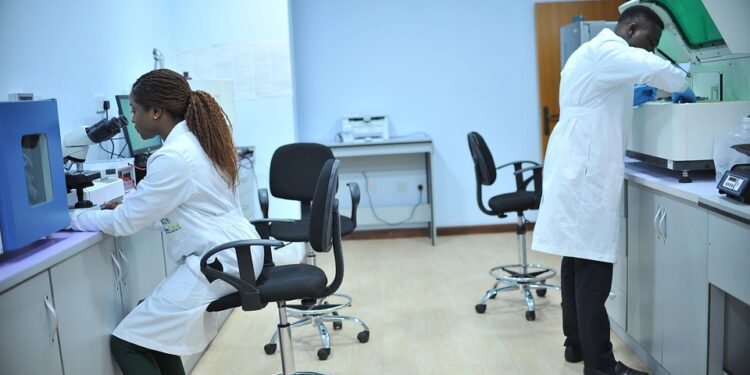Breakthroughs in medicine have the potential to revolutionize the way we treat and manage diseases. From cutting-edge therapies to groundbreaking treatments, medical advancements have the power to improve the quality of life for millions of people around the world. One important aspect of medical breakthroughs is the role of clinical trials in evaluating the safety and effectiveness of new treatments.
Clinical trials play a crucial role in the development and approval of new medications, medical devices, and therapies. These studies are conducted to assess the safety and efficacy of new treatments, as well as to determine any potential side effects or risks. Clinical trials are essential for bringing new medical innovations to market, as they provide valuable data on the performance of these treatments in real-world settings.
Clinical trials can involve testing new drugs on patients with specific medical conditions, evaluating the effectiveness of new surgical techniques, or studying the impact of lifestyle interventions on disease outcomes. By participating in clinical trials, patients have the opportunity to access cutting-edge treatments that may not be available through standard care. In addition, participating in a clinical trial can help advance medical knowledge and improve outcomes for future patients.
One recent example of the impact of clinical trials is the development of mRNA-based COVID-19 vaccines. These vaccines were developed and tested in record time due to the collaborative efforts of researchers, clinicians, and pharmaceutical companies around the world. Clinical trials played a crucial role in evaluating the safety and efficacy of these vaccines, ultimately leading to their approval for emergency use and widespread distribution. The success of the mRNA vaccines has demonstrated the potential of this technology to revolutionize the way we prevent and treat infectious diseases.
In addition to vaccines, clinical trials have also played a key role in advancing treatments for cancer, autoimmune diseases, and rare genetic disorders. By testing new therapies in controlled settings, researchers can gather crucial data on the effectiveness and safety of these treatments, paving the way for their approval and widespread use.
While clinical trials are essential for advancing medical innovation, it is important to ensure that they are conducted ethically and with the highest standards of patient safety. Regulatory agencies around the world oversee the conduct of clinical trials to ensure that they meet stringent criteria for patient protection and scientific rigor. Additionally, patients who participate in clinical trials are closely monitored by healthcare professionals to minimize any potential risks and ensure their well-being.
In conclusion, breakthroughs in medicine are made possible by the rigorous evaluation of new treatments through clinical trials. These studies provide essential data on the safety and efficacy of medical innovations, helping to improve patient outcomes and advance medical knowledge. By participating in clinical trials, patients can access cutting-edge treatments and contribute to the development of new therapies that have the potential to transform healthcare. The impact of clinical trials on medical breakthroughs cannot be overstated, as they are the cornerstone of modern medicine and the key to unlocking new treatments for a wide range of diseases and conditions.











Discussion about this post